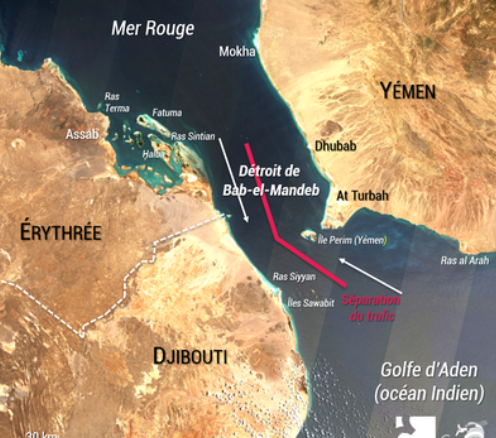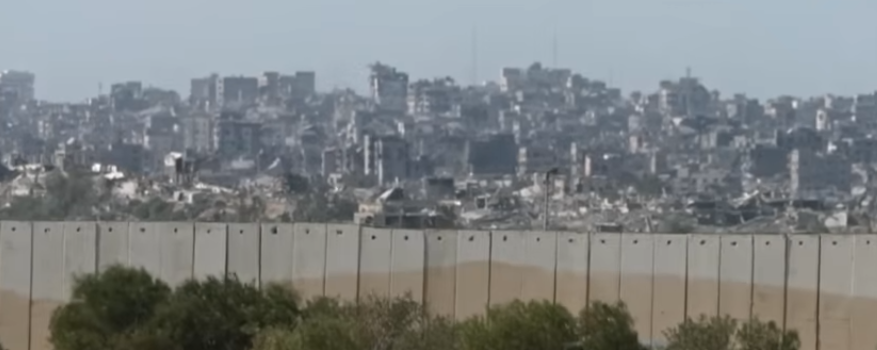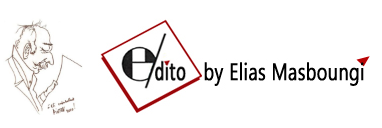
The Syrian Pipeline Game
How Turkey’s Plans Affect Israel’s Regional Ambitions EXECUTIVE SUMMARY: The fall of the Assad regime in Syria has revived Turkey’s plans to construct oil and gas […]

How Turkey’s Plans Affect Israel’s Regional Ambitions EXECUTIVE SUMMARY: The fall of the Assad regime in Syria has revived Turkey’s plans to construct oil and gas […]

Palais de l’Élysée, le vendredi 30 janvier 2026COMMUNIQUÉ Si Vénus la dota de son prénom, ce fut bien Calliope, muse de l’éloquence qui lui fit […]


Les crises qui se multiplient aujourd’hui en mer Rouge et dans la Corne de l’Afrique ne sont pas des événements isolés. Elles s’inscrivent dans une […]

Vous avez dit IMPUNITE ? JAMAIS ! Qui punira Israël, ou du moins ses dirigeants, pour la destruction de Gaza et la mort de dizaines de […]



Disparition de Vénus Khoury-Ghata


Pourquoi la mer Rouge reste au cœur de la sécurité internationale ?

La destruction massive à Gaza-ville a débuté !

Une association israélo-française se consacre depuis quelque temps au sauvetage des ânesen danger de… Gaza.Récupérés par des soldats israéliens sous les décombres ou dans les […]

Les mouvements islamistes ne se ressemblent pas. Et si le « Hezbollah» se résignait un jour à se muer en gardien de la seule terre méridionale […]

Pourquoi la mer Rouge reste au cœur de la sécurité internationale ?

La destruction massive à Gaza-ville a débuté !

Israel-Palestine conflict : there is another war

Manifestations en Iran : Point de situation

Trump’s ‘Board of Peace’ is the nail in Gaza’s coffin

TEASER DE LA 128ème EDITION DE L’ORTHODOXIE ICI & MAINTENANT



البابا في لبنان: تعميم السّلام الإبراهيميّ؟


À la lumière du génocide qui a lieu en Palestine, un grand nombre de cinéastes ont mis leurs films sur la Palestine à disposition gratuitement […]

Turkey’s Unprecedented Strategic Success in the Levan

PRESENTATION A LA PRESSE DU LIVRE DE FOUAD KHOURY-HELOU

Macron et MBS renforcent leur coopération sur le Liban




La France, au cœur de la stratégie de développement saoudienne



Des châteaux de sable high-tech dans le désert saoudien
Copyright © 2026 | Thème WordPress par MH Themes
